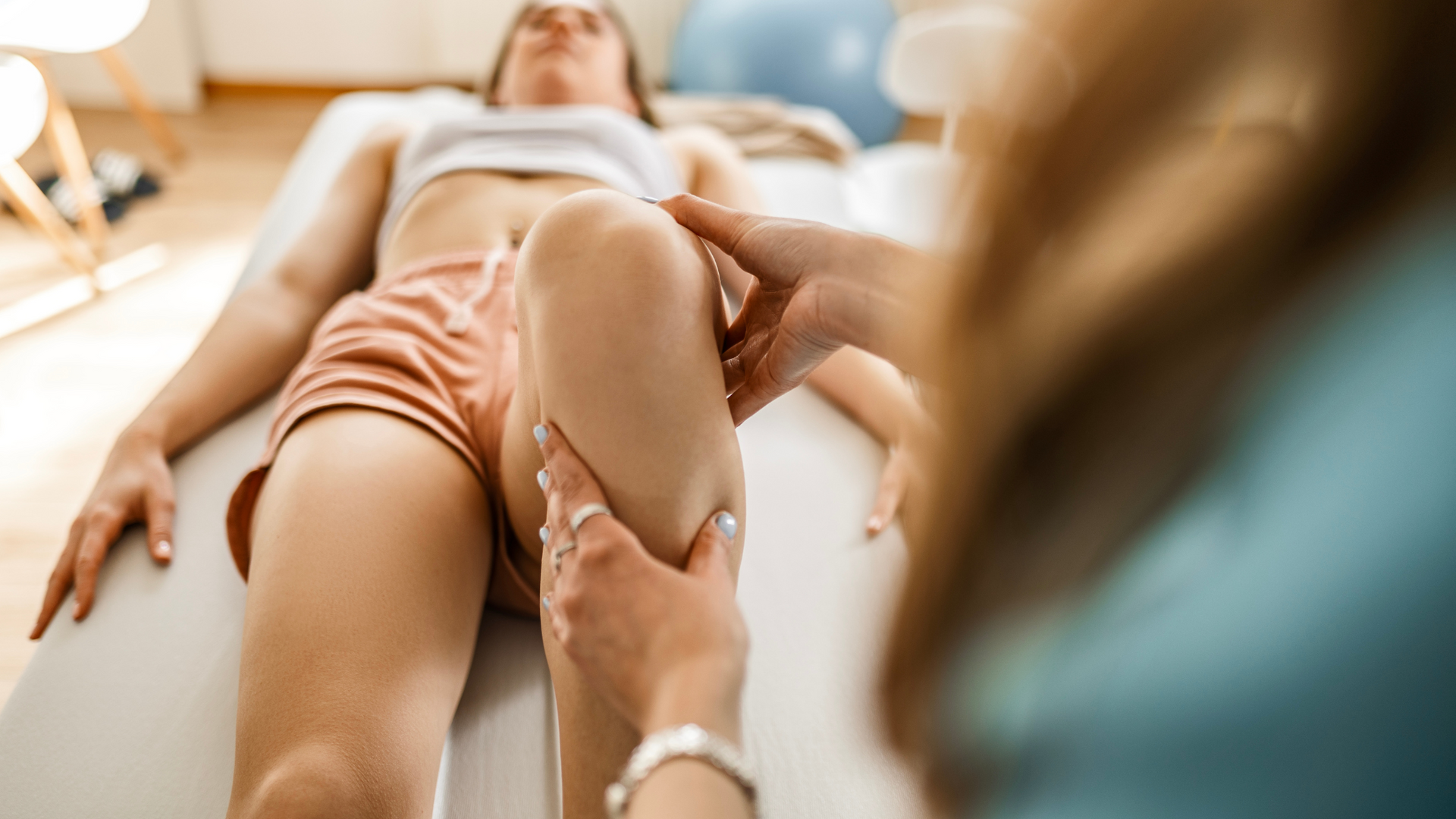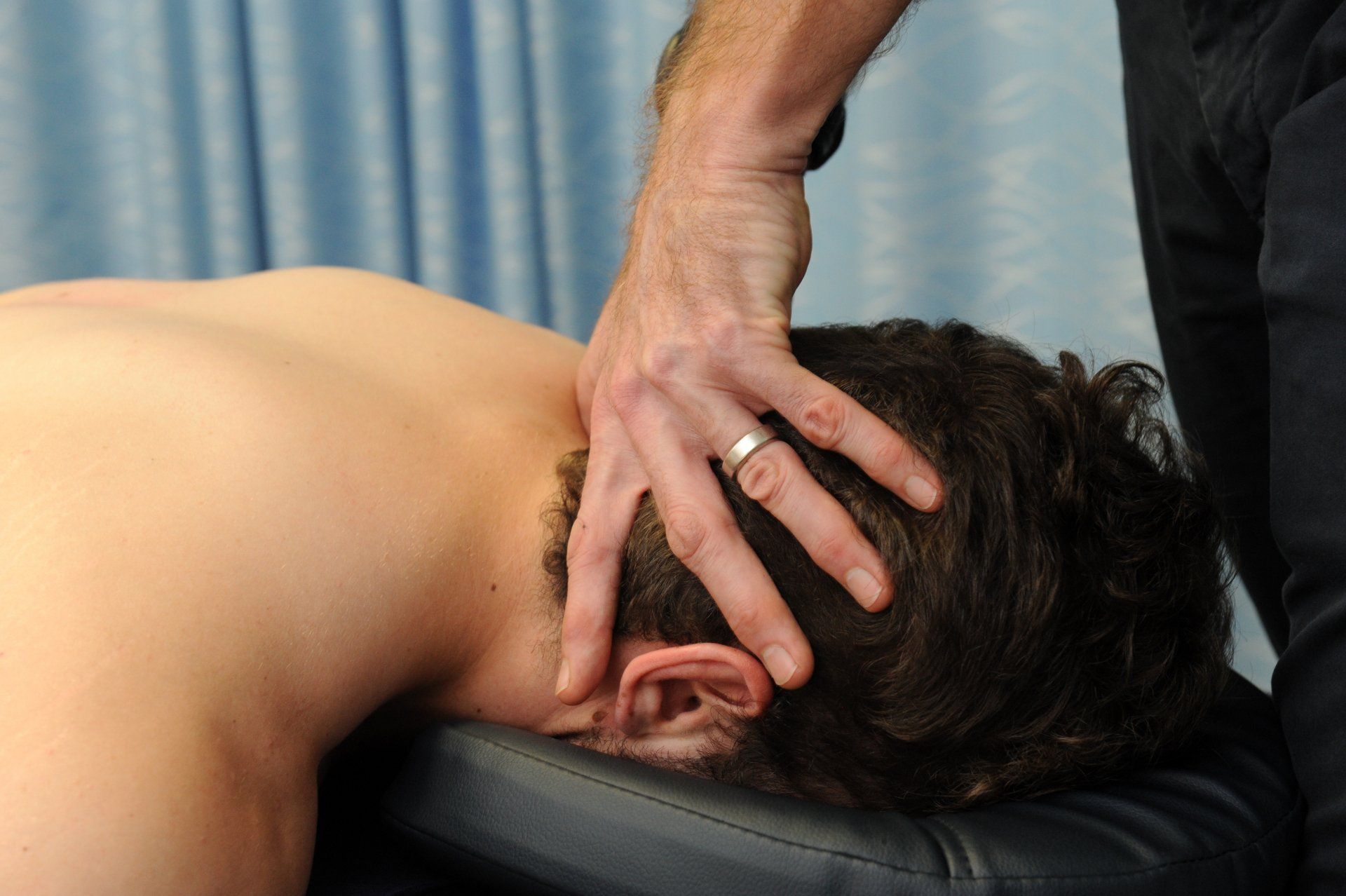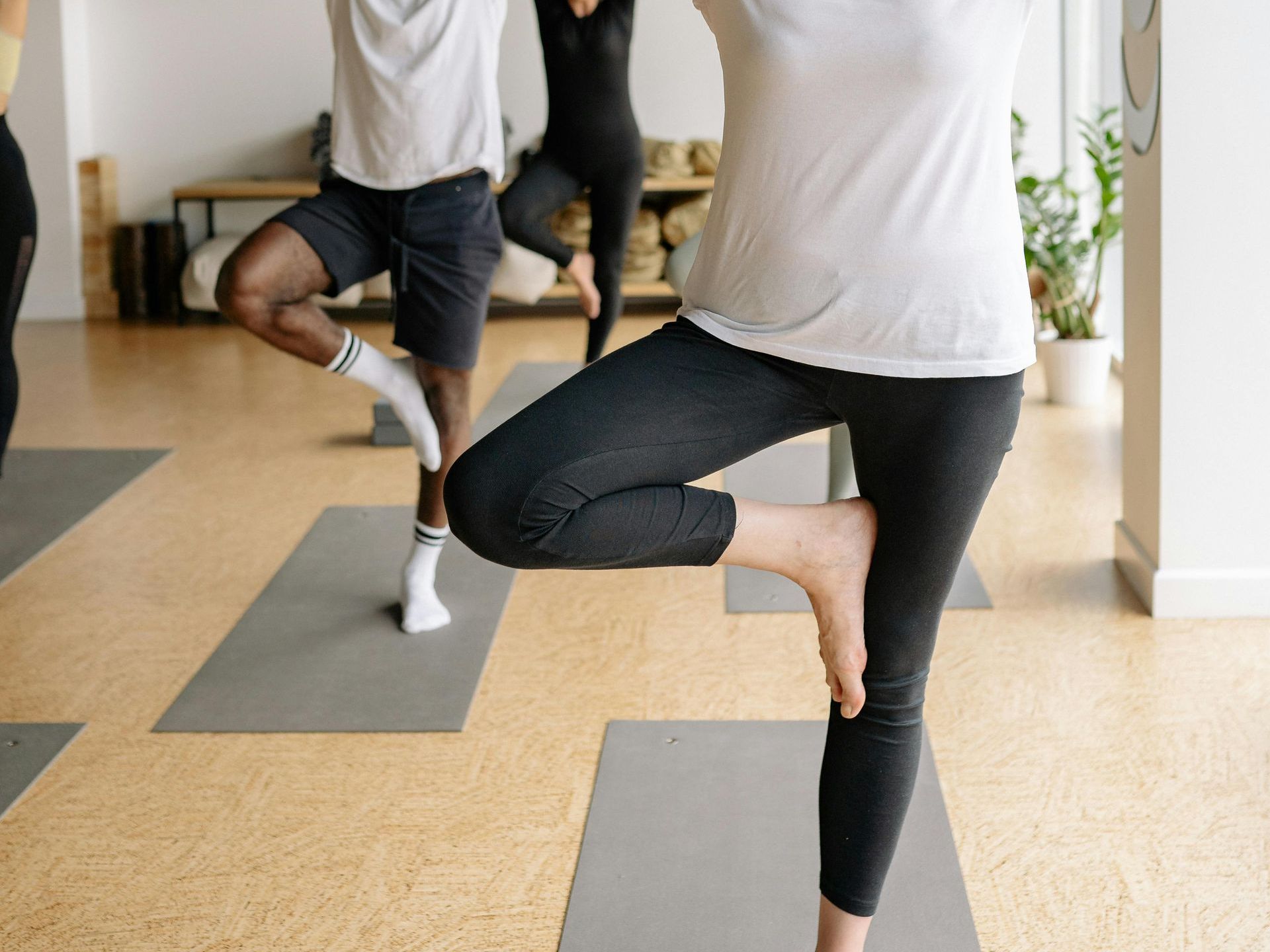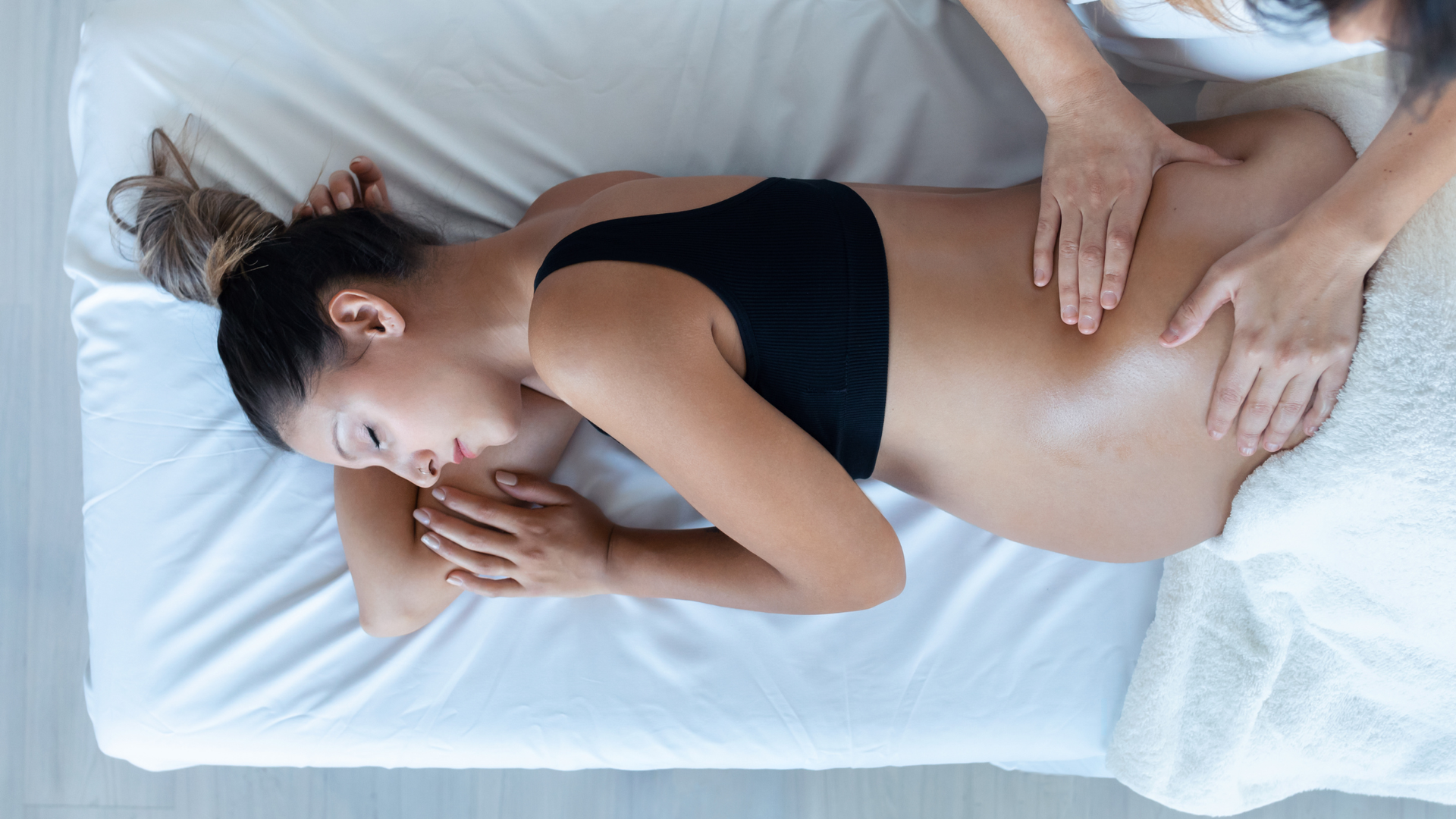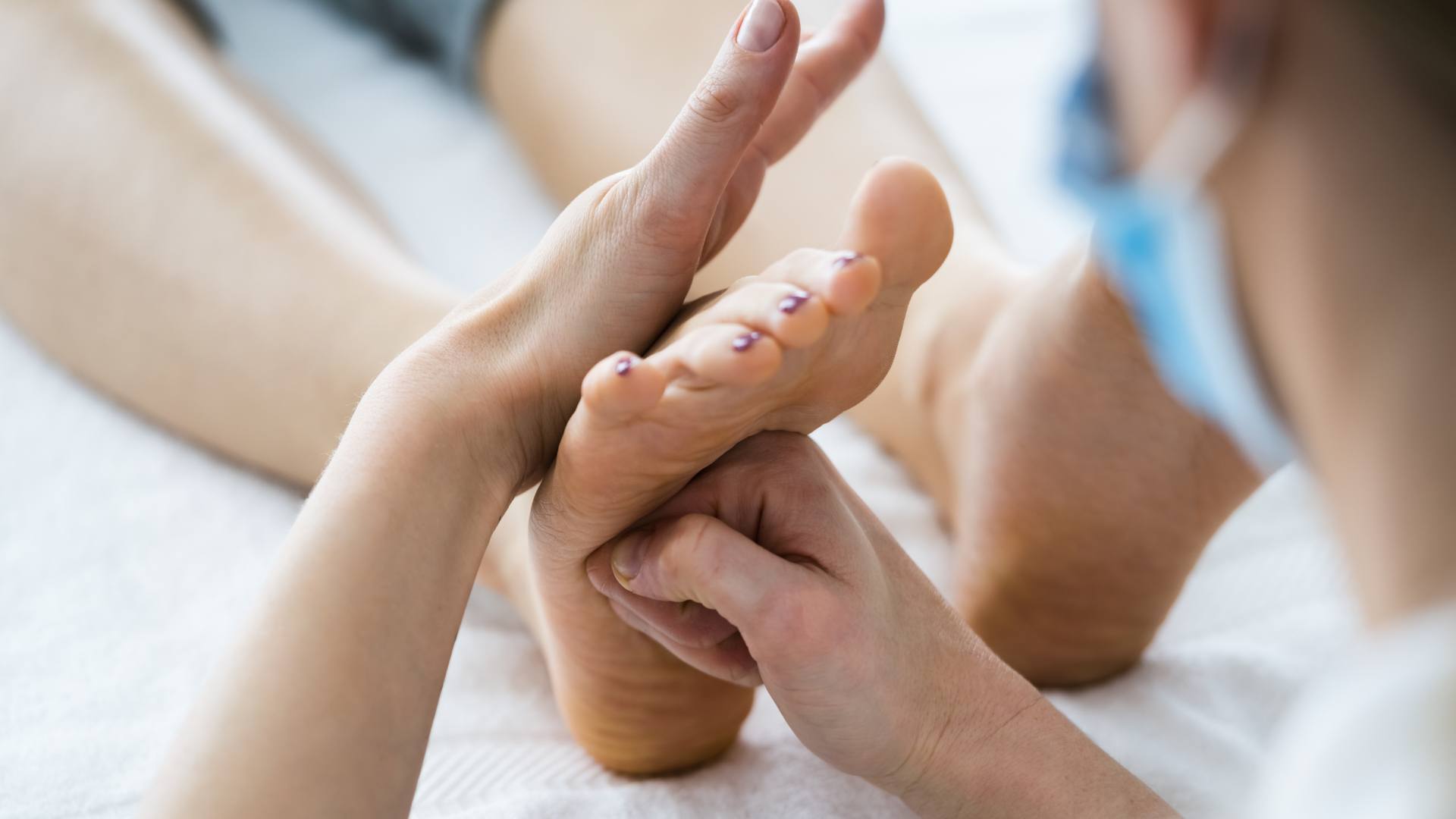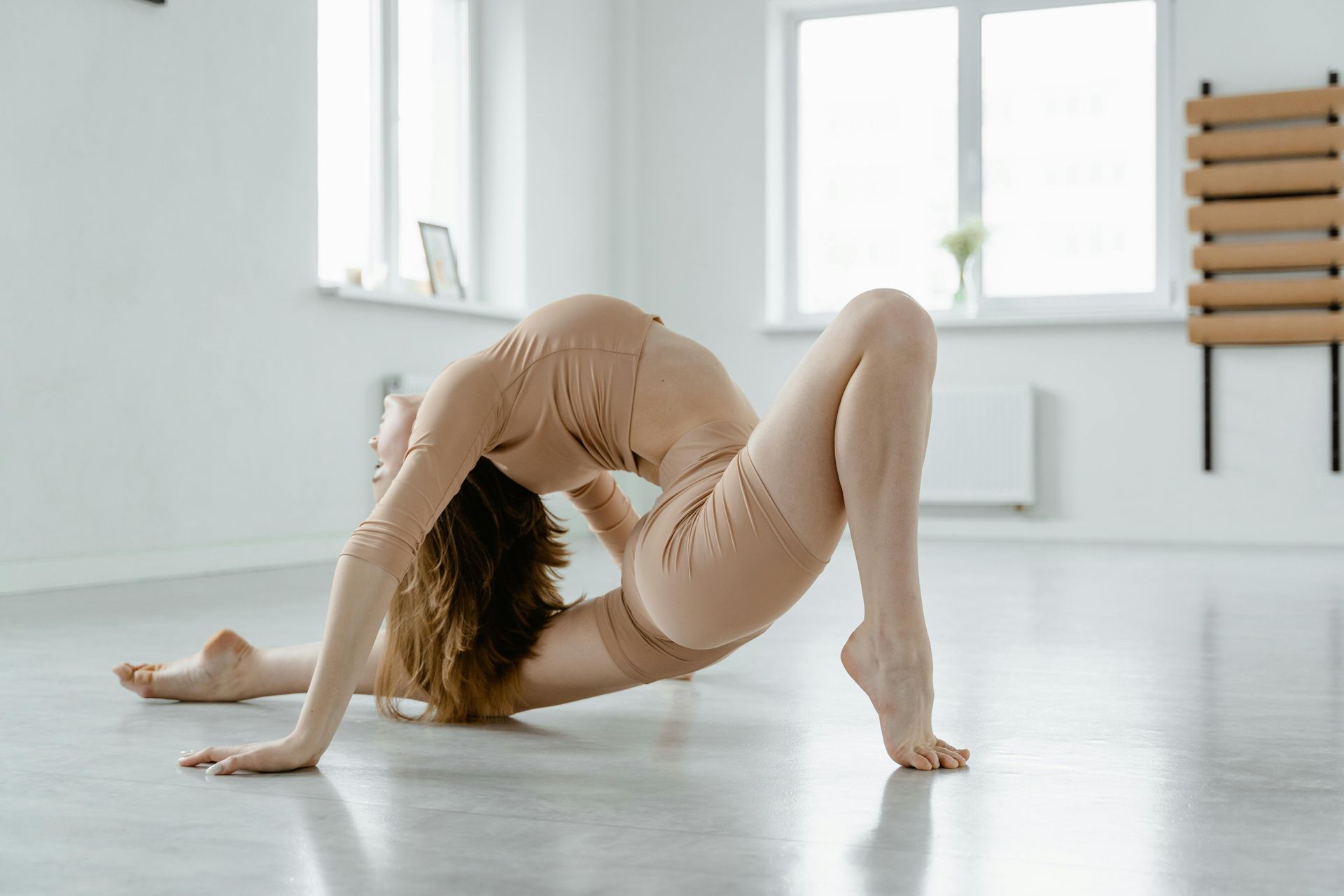Exercising while Pregnant
Why you and your baby might benefit from exercise.
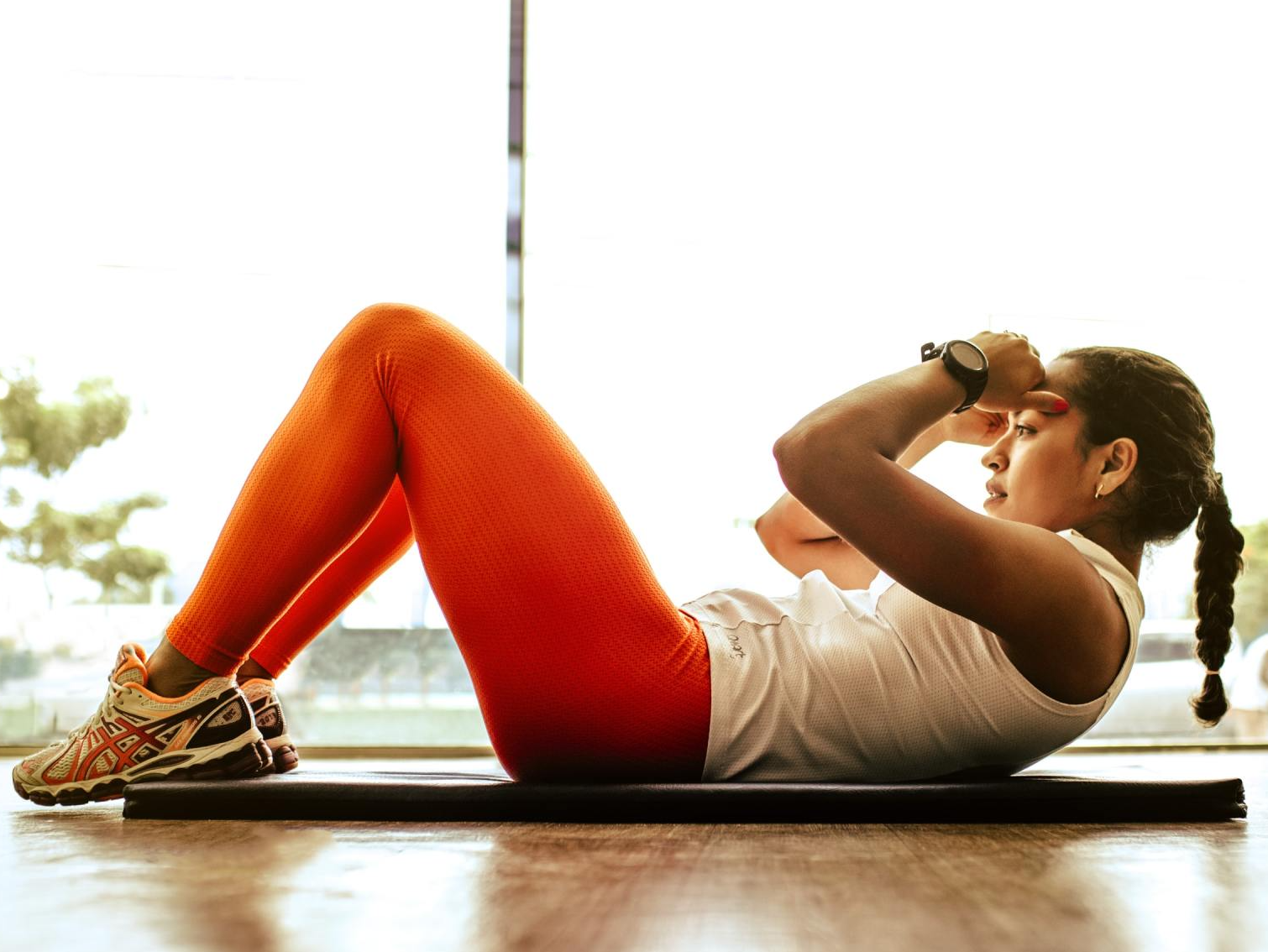
We’ve come a long way, baby!
As physical health professionals, we’ve known for a long time that exercise during pregnancy is good for you. But what about the baby? Recent studies are dispelling the myth that exercise negatively impacts the growing foetus and are demonstrating that exercise is good for both Mum and bub.
While our knowledge in this area is still evolving, we now know that exercise during pregnancy:
- Reduces the rate of premature births.
- Has no associated risk with reduced baby size for gestational age or with low birth weight.
- Has no associated risk with miscarriage or still birth.
- Reduces the risk of developing gestational diabetes and hypertension by more than 35%.
- Improves your mental health
This is great news for pregnant women wanting to keep active during a pregnancy.
Let’s go for a run then!
Steady on. We know that exercise IN GENERAL is good for you during a pregnancy, but there are some important factors to consider. This is where your Physiotherapist can get involved.
As highly skilled clinicians, Physiotherapists provide a critical role in educating and prescribing appropriate exercise advice to women throughout pregnancy. Physio’s know to screen you for problems and precautions related to exercise, and can liaise with other health professionals such as your Midwife or Obstetrician to ensure exercise is safe for you.
Treat the person, not the condition
That’s right, we want to treat you, the individual, not your pregnancy.
Every person will be different, with a different past history and future goals. Likewise the exercises you undertake, the volume you do, how frequently you do them and the environment in which you undertake that exercise will be different. Your physiotherapist will use this information to develop a program based on the types of activities you might best engage with. Sometimes the best options are things you’ve never even thought of!
What’s it going to take?
Not a lot really. Just 21.5 mins per day to be exact! Women should be aiming for a minimum of 150mins of moderate intensity exercise per week. This might sound like a lot but remember that even day to day activities like household chores, hobbies and caring for children count towards your weekly tally.
Change it up
Stick to a MIIT program (moderate intensity interval training) that mixes things up. Think aerobic training (walking, swimming, even some running) as well as strength and conditioning training (gym, pilates, yoga). And if all that exercise is making you weary, antenatal hydrotherapy can be a god send. As your pregnancy progresses, antenatal hydrotherapy is perfect for reducing load on your back, pelvis and hips while getting your heart rate up and ticking off some valuable exercise minutes.
Book an Appointment
If you would like more information, grab an appointment with one of our physiotherapists. They’ll guide you through a tailored exercise program that is safe and rewarding. If you'd like to join our antenatal hydrotherapy classes, give us a call. Bookings are essential.
